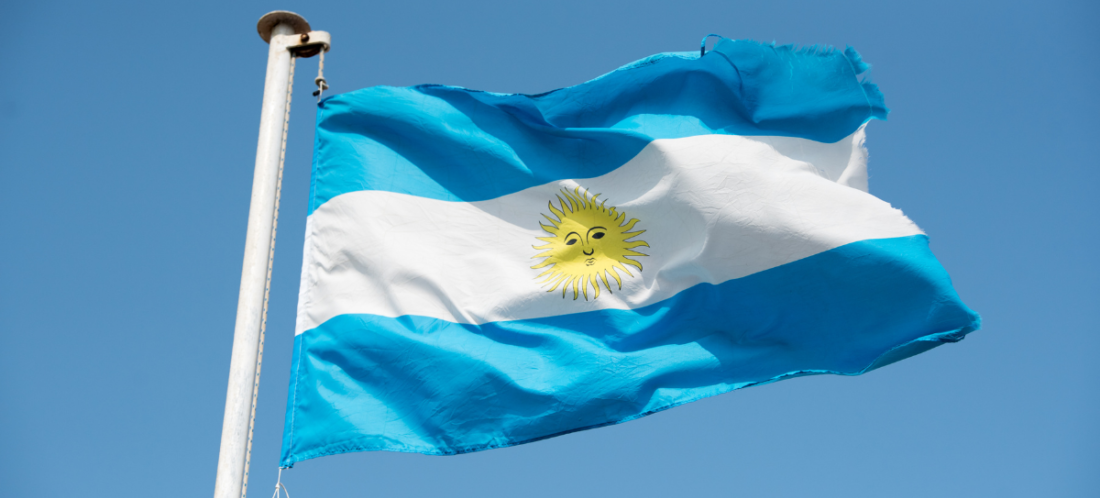
Argentina Government Promises ‘Zero State Intervention’ in Foreign Trade Procedures
Sep, 05, 2024 Posted by Gabriel MalheirosWeek 202436
During the Santa Fe Business Forum in the city of Rosario, Secretary of Commerce Pablo Lavigne made several noteworthy statements regarding his department. At what provincial authorities describe as “Argentina’s largest foreign trade event,” Lavigne wrapped a busy day, which featured an extensive reverse business roundtable involving 200 foreign entrepreneurs and around 1,000 Argentine companies.
“The good news is that no one knows who the Secretary of Commerce is. This would have been unthinkable a year ago. No one stopping you, no one asking for anything, like a SIRA,” Lavigne began during his speech. “The role of the Commerce Secretariat should be irrelevant. Every time there is regulation, it hurts the person not at the table—the consumer, who is the weakest link. What are we doing? We want the 47 million Argentinians to signal prices, not a government official. Value is generated by each person interacting with their customers,” added the Commerce Secretary.
“Next year, the involvement of the Commerce Secretariat in foreign trade procedures will be zero,” he assured. “No licenses, no SIRA. No more technical regulations reviewed by the Commerce Secretariat. We’re moving from 140,000 technical regulation processes in 2023 to zero. We want things to flow freely. This will be reflected in prices and inputs, which should be priced at international levels.”
He spoke about “lifting the burden off the state” and then added, “Everything produced in Argentina will be settled between the certifier and the local producer, just like in any normal country.”
Lavigne shared examples of the challenges encountered with certain products. “It’s very difficult to import sunglasses into Argentina because of excessive regulations, but 75% of sunglasses were smuggled. Moreover, we will repeal the ministerial resolution on bicycles in a few weeks. Certifying a bicycle in Argentina involves more tests than certifying a car. It makes no sense.” He asked rhetorically, “What will we focus on? Trade agreements, incentives for commerce, lowering tariffs. You can’t trade with excessive regulations.” He also emphasized competition defense as a buffer against excesses.
Lavigne reflected on what he found upon assuming office. “The whole system was odd. What surprised me most was the mindset. There was no trust that consumers could choose prices.”
In an interview with La Nación, he discussed what is still needed to open the economy without harming local production, which is still burdened by issues such as competitiveness, logistical costs, non-wage labor costs, and taxes, among others. “We can start to compete relatively healthily. Mercosur tariffs are still high, freight costs are high, there are barriers. Deregulation will benefit local products more than imported ones,” he said.
“Eighty percent of what Argentina imports are inputs that go into production. What we’re doing is making life easier for local producers, especially those in rural areas and small and medium-sized enterprises (SMEs). The labor issue is being addressed with a small reform, the tax situation is improving, but the most important thing is the stability provided by fiscal balance.”
Regarding the tool of opening imports when prices rise, Lavigne gave an example: “We have a particular issue with sandwich bread in Argentina—it’s the most expensive in the world. The distortion is so great that Argentina started importing bread from Brazil, made with Argentine wheat. It hurts. But a new competitor will come in and push prices down. In a free economy, consumers make the choices.”
Will Argentina stop being an expensive country? “It’s not expensive across the board. On average, Argentina is in the middle of the pack.” When asked about the possibility of devaluation, he stated, “Argentina is on the path toward convergence. We don’t believe in the shortcut of devaluation. When you do the hard work, you succeed, and when you compete globally, value is created.”
Source: La Nación
Original news article available at https://www.lanacion.com.ar/economia/comercio-exterior/el-gobierno-prometio-cero-intervencion-estatal-para-los-tramites-vinculados-al-comercio-exterior-nid03092024/
-
Aug, 08, 2021
0
Mainly intended for export, the grape harvest shows promising forecast for the producer
-
Shipping
Mar, 13, 2025
0
Yang Ming records US$2 billion in annual net profit
-
Ports and Terminals
Mar, 16, 2021
0
Argentina’s TecPlata receives service connecting Paraguayan and Brazilian ports
-
Shipping
Mar, 21, 2023
0
Brazil’s HSBA receives brand new pusher tugs

